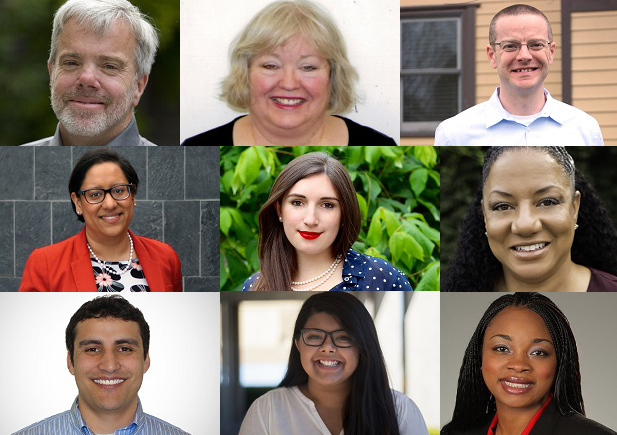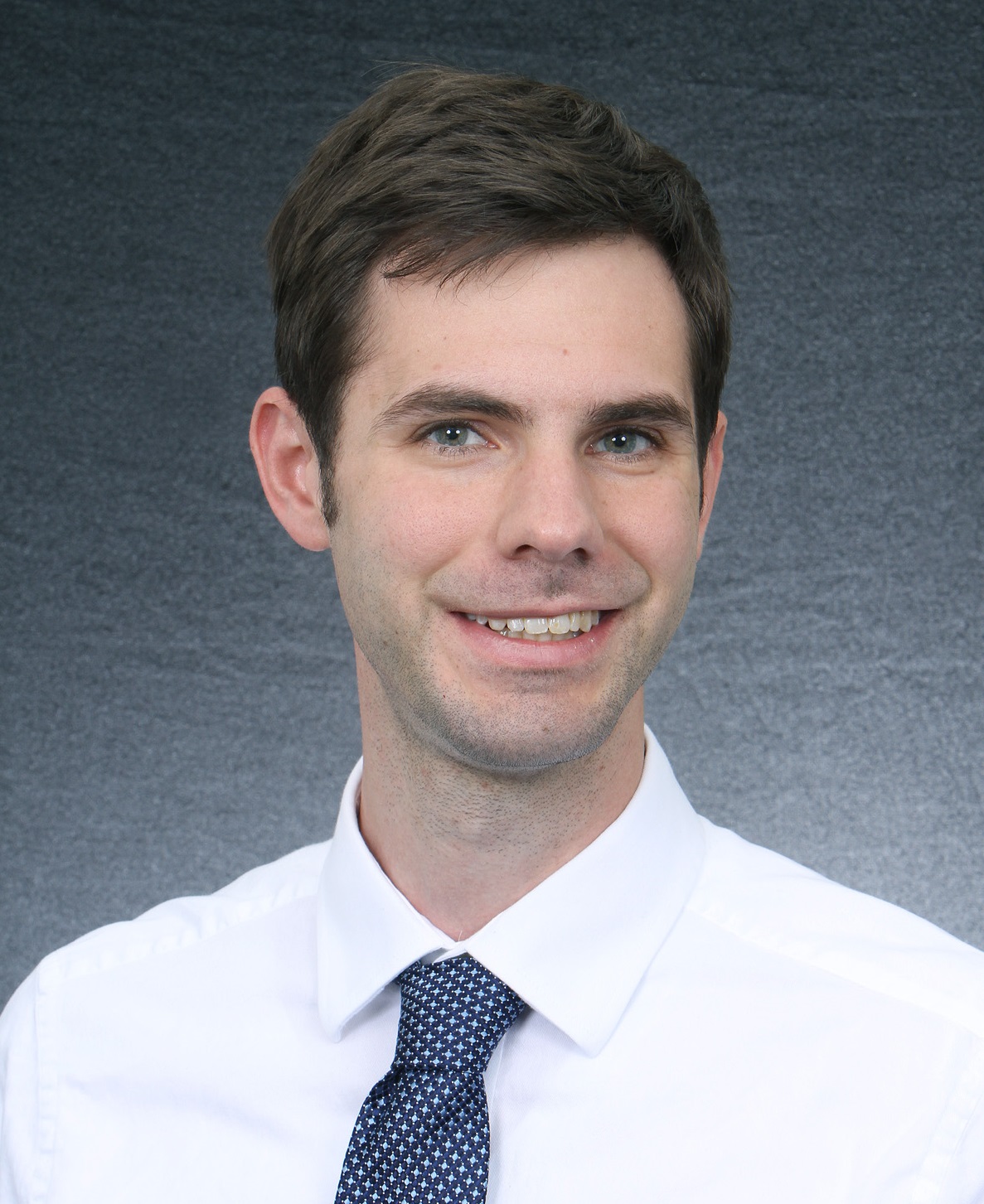In an effort to increase the number of students who complete college, the Bill & Melinda Gates Foundation has pledged up to $110 million to support initiatives that speed up the rate at which underprepared youths catch up through remedial education.
“Academic catch-up should be a launching point for students, not a roadblock,” said Hilary Pennington, director of education, postsecondary success and special initiatives at the Gates Foundation. “When students feel as though their academic catch-up is not a waste of time and money, they will stay motivated, and we’ll begin to see improved retention and completion.”
Melinda Gates, co-chair of the Seattle-based foundation, announced the $110 million pledge last month in Seattle at the annual convention of the American Association of Community Colleges.
Gates said community colleges need to replace weak remedial programs with new technologies and fresh ideas.
“Community colleges led the way on college access; now they must lead the way on college completion,” Gates said in a statement. “Research shows that improving remediation is the single most important thing community colleges can do to increase the number of students who graduate with a certificate or a degree.”
The Gates Foundation cited statistics that show that roughly 60 percent of all students enrolling in community colleges must take at least one remedial course, but only about 25 percent of all students who take such courses actually obtain a degree within eight years of enrolling.
“Either [community colleges] can keep doing what you’ve been doing, in which case you will gradually find yourself able to meet fewer and fewer of your students’ needs, or you can innovate,” Gates said. “You can educate your students according to new models that yield dramatically better results for a fraction of the cost.”
The $110 million pledged by the Gates Foundation is meant to help research and augment innovative programs. About half the money has already been given to colleges and programs. A total of $57 million more will be given as grants over the next two years; those grants will be guided by lessons learned from the earlier investments.
Among other things, the Gates Foundation says, the community college programs that have shown success have started early with collaborations among middle schools, high schools and colleges to prevent the need for remediation in the first place.
They have also blended credit-bearing courses with enhanced academic supports and have been flexible about addressing specific things students need to learn.





























